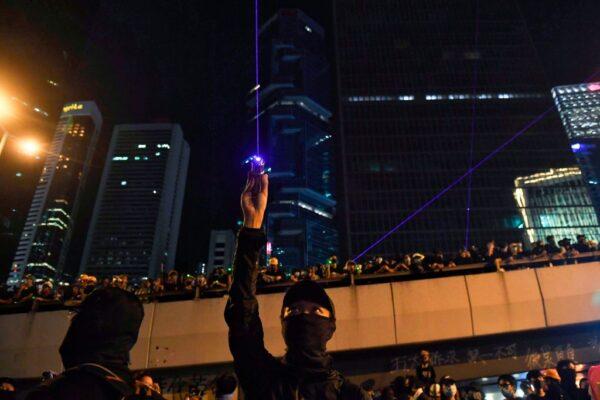The NGO indicated that the unanimous decision is a very clear rejection of extradition because of a violation of Article 3 of the European Convention on Human Rights (ECHR).
This momentous decision signals that European countries will find it nearly impossible to extradite suspects to China again, said the report.
According to the NGO report on Nov. 3, the defendant’s lawyer, Polish Professor of law Marcin Gorski agreed that the unanimous decision by the Court was of importance and significance in reducing the likelihood that Poland or others would appeal the verdict.
Extradition to China
Hongtao Liu is the applicant in the case of Liu vs. Poland. According to the NGO, this is the first known instance of the Court reviewing a case concerning extradition to China.Liu was arrested in Poland in 2017 based on a red notice issued by Interpol in 2016, in connection with a Chinese-Spanish investigation of an international telecoms fraud syndicate.
The report explained that the group of nearly 260 people consisted primarily of Taiwanese citizens. A joint Spanish-Chinese policing operation grabbed the group in 2016–2017.
The Spanish courts ignored serious considerations afforded in the ECHR, and approved the extradition of some 208 Taiwanese, in several batches, to China in 2017–2018, despite protests from Taiwan, said the report.
The NGO also indicated that contact with several of those extradited has been lost, and the lawyers have not been able to locate them or update their current conditions.

Liu, a Taiwanese citizen born in 1980, is currently held at the Warsaw-Bialoleka Detention Centre, and was represented in court by Gorski, the report stated.
He filed that the application concerning his extradition to China would violate Article 3 and Article 6 Section 1 of the Convention: If extradited and tried, he would be at risk of torture and inhuman treatment and denied a fair trial.
It Sets a Precedent
The ECHR is a legally binding international judicial instrument and ties 46 European countries to one legally-binding convention. According to the report, it goes further than similar international treatises.The Safeguard Defenders concluded the effect of the Court’s legally-binding decision as below.
One, all current extradition requests to China should be denied;
Two, ministries of justice in relevant countries should ban requests from China for judicial processing; and
Three, extradition cases approved but not yet executed should be stopped.
The NGO said that, regardless of the person, the crime alleged, or other outside elements, according to the Court, “everyone will face a real risk of ill-treatment if extradited to China.”
In particular, Safeguard Defenders indicated that lawyers in both Italy and Cyprus are already citing the decision to ensure the denial of extradition requests ongoing in those countries.




